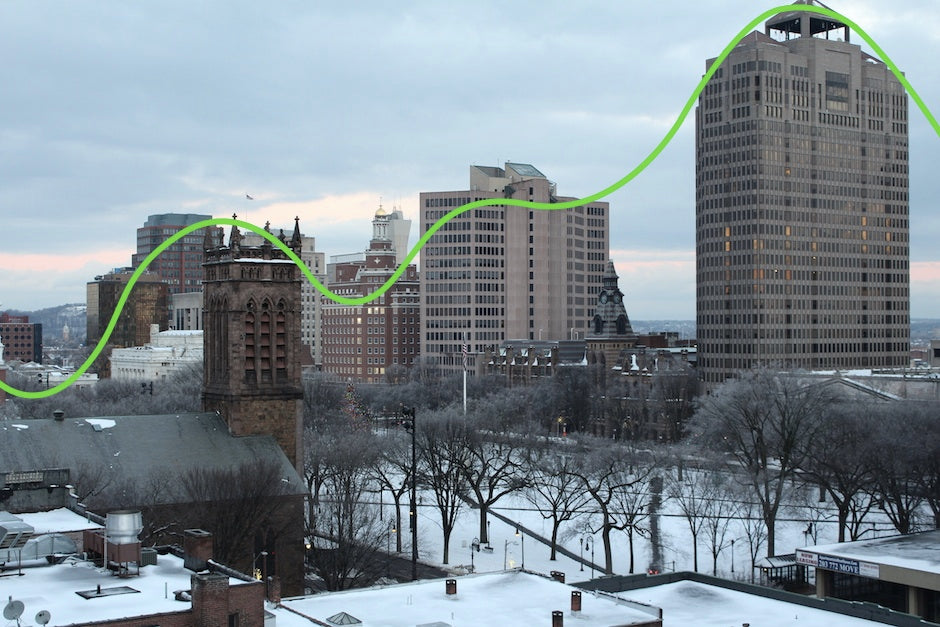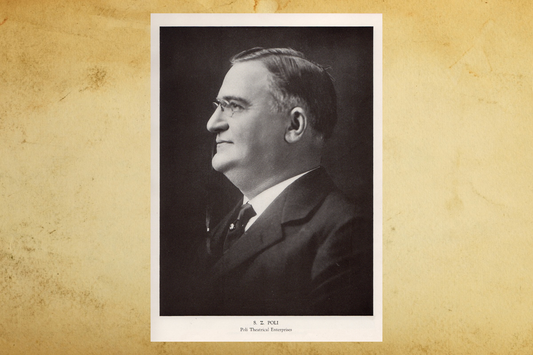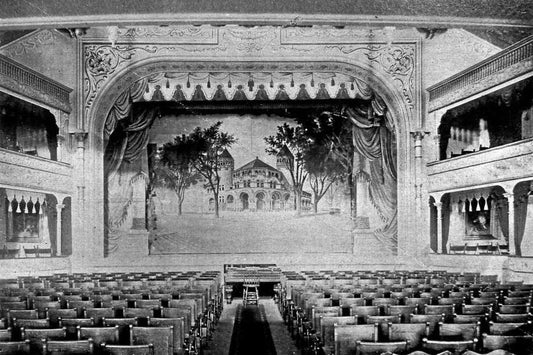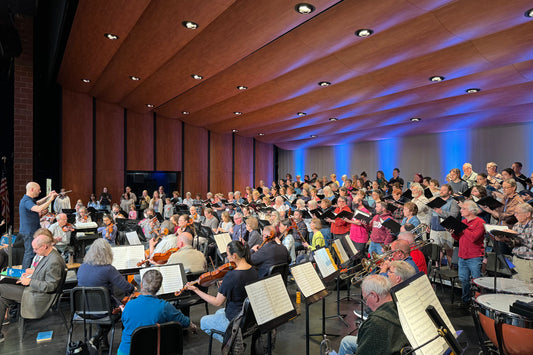In a small, quiet office perched above Church Street and the Green, numbers and statistics grow from individual, isolated facts and unite to produce crisp images of neighborhoods and cities. This is DataHaven, a project intent on making data about the greater New Haven area useful—for governments, nonprofits and really anyone at all.
DataHaven has been around in one form or another for more than twenty years now. Started in 1992 as the Regional Data Cooperative, the organization is “dedicated to improving the Greater New Haven and Valley Region by compiling and sharing high-quality public information for effective decision-making.”
Recently, DataHaven published the Greater New Haven Community Index, an 86-page report covering topics ranging from linguistic isolation—the number of individuals in a given area who speak English at a level below “very well”—to the prevalence of asthma and heart disease among various populations and neighborhoods. As Executive Director Mark Abraham (pictured in the second image above) points out, issues like unemployment are frequently covered by the press, but other information—say, the number of people using the library, or attending arts programs—“is just as important.” But “because it’s not really collected regularly,” information about these issues is often underreported and receives less consideration from the public.
sponsored by
You might be surprised, for example, to know that library circulation per capita increased 51% between 2000 and 2012 among those living in New Haven, though it decreased 17% among those living in the “inner ring” of surrounding towns like Hamden, East Haven, and West Haven. Numbers like these can help libraries, schools and local governments determine which communities would benefit most from targeted outreach.
The Community Index also covers less tangible issues, like social cohesion and trust: while across the Greater New Haven region, 80% of residents “‘somewhat’ or ‘strongly’ agree that neighbors can be trusted,” these numbers are much lower “within neighborhoods that are impacted by housing instability, foreclosures and public safety concerns,” turning a merely intuitive idea into an evidenced, actionable one.
At DataHaven, much time is spent crunching raw data and making it accessible to the rest of us. Its website includes a “Knowledge Center” which houses reports compiled by DH and others on selected topics. If you’re interested in taking your own path through the data, then the “Indicators” drop-down in the main navigation bar is the place to start, with choices covering demographics, health, environment, education and other categories.
sponsored by
Click into “Economy,” for example, narrow down your parameters to “Household Income,” then pick a subset of income measurements, a location and a timescale, and you can see the median household income in New Haven between 2006 and 2010. (The answer: $38,963.)
The tool even allows you to make comparisons between different years, populations and locations. For instance, click into “Education,” then input “Primary and Secondary” education, “Children Above CAPT State Goal” and a few different towns, you can find out that in 2007, 26% of New Haven 10th graders scored above the Connecticut Academic Performance Test writing goal compared to 21% in Hartford and 46% in Hamden.
DataHaven also provides “technical assistance” for nonprofit and community groups in the New Haven area. Groups creating policy or writing grants can reach out to DataHaven with a problem or a question—for example, what is the income disparity among neighborhoods in a certain town?—and DataHaven will do its best to reply with some figures. “It’s like data matchmaking,” says Abraham, laughing. It’s an especially important service for the smaller towns in the New Haven area, which don’t necessarily have the resources to gather the data on their own.
When asked what the most important data point is, Abraham explains that he thinks that “trust in a community is what underpins a lot of other things that happen—whether people trust their neighbors and believe in their government.” Armed with experience and a treasury of numbers, DataHaven is poised to help communities build and sustain that kind of trust.
DataHaven
129 Church Street, 6th Fl, New Haven (map)
(203) 500-7059 | mark@ctdatahaven.org
www.ctdatahaven.org | @ctdata
Written by Elizabeth Weinberg. Photo #1 by Dan Mims; photo #2 by Elizabeth Weinberg.









